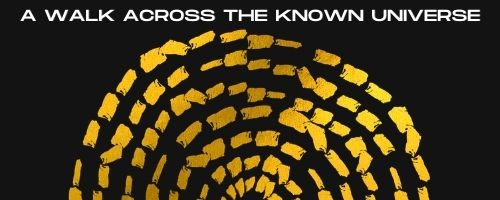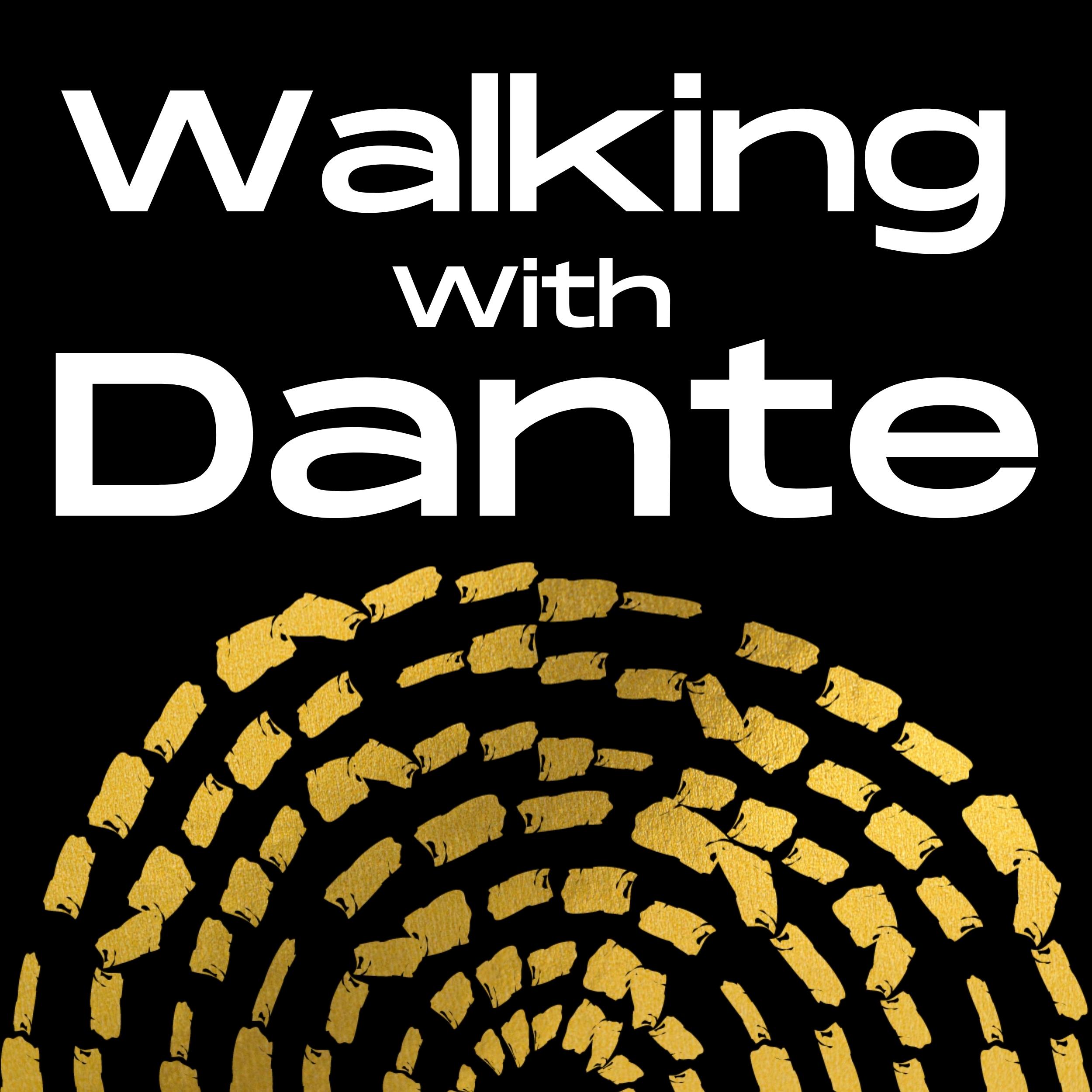Episode 34
Fate And The Cracks In Dante's Poetry: INFERNO, Canto VII, Lines 36 - 66
We finally get a glimpse at the hoarders and the wasters, the avaricious and the prodigal. They're mostly clergy, from run-of-the-mill clerics all the way up to popes.
Join me, Mark Scarbrough, for the first truly anti-clerical passage of COMEDY.
INFERNO, Canto VII shows the stress the poem is under. It also shows that the poetic structure and voice need to change for the poet to find the right mix to write what will become the greatest work of Western literature.
Consider supporting this work with a small monthly stipend or a one-time donation, using this PayPal link right here.
Here are the segments of this episode of WALKING WITH DANTE:
[01:15] My English translation of INFERNO, Canto VII, lines 36 - 66. To read along, find a deeper study guide, or continue a conversation with me about this episode, please find its entry on my website, markscarbrough.com.
[03:15] The pilgrim feels pity, but perfunctory pity perhaps, as the clergy roll their rocks.
[09:30] Three points on the anti-clerical passages in COMEDY and in this canto in particular.
[12:30] Why does the pilgrim not recognize those pushing the rocks? I've got several answers you can pick among.
[18:23] The golden mean, Aristotle's vision for ethics: It's taking over. Should it?
[22:47] An extra-Biblical character: the goddess Fortune. Although we had an orthodox character in the last passage (Michael, the archangel), why this turn away from orthodoxy?
[26:28] My confession: I'm a structuralist. I think a look at structure here can help us see some of the problems the poet has to solve to get COMEDY written.


